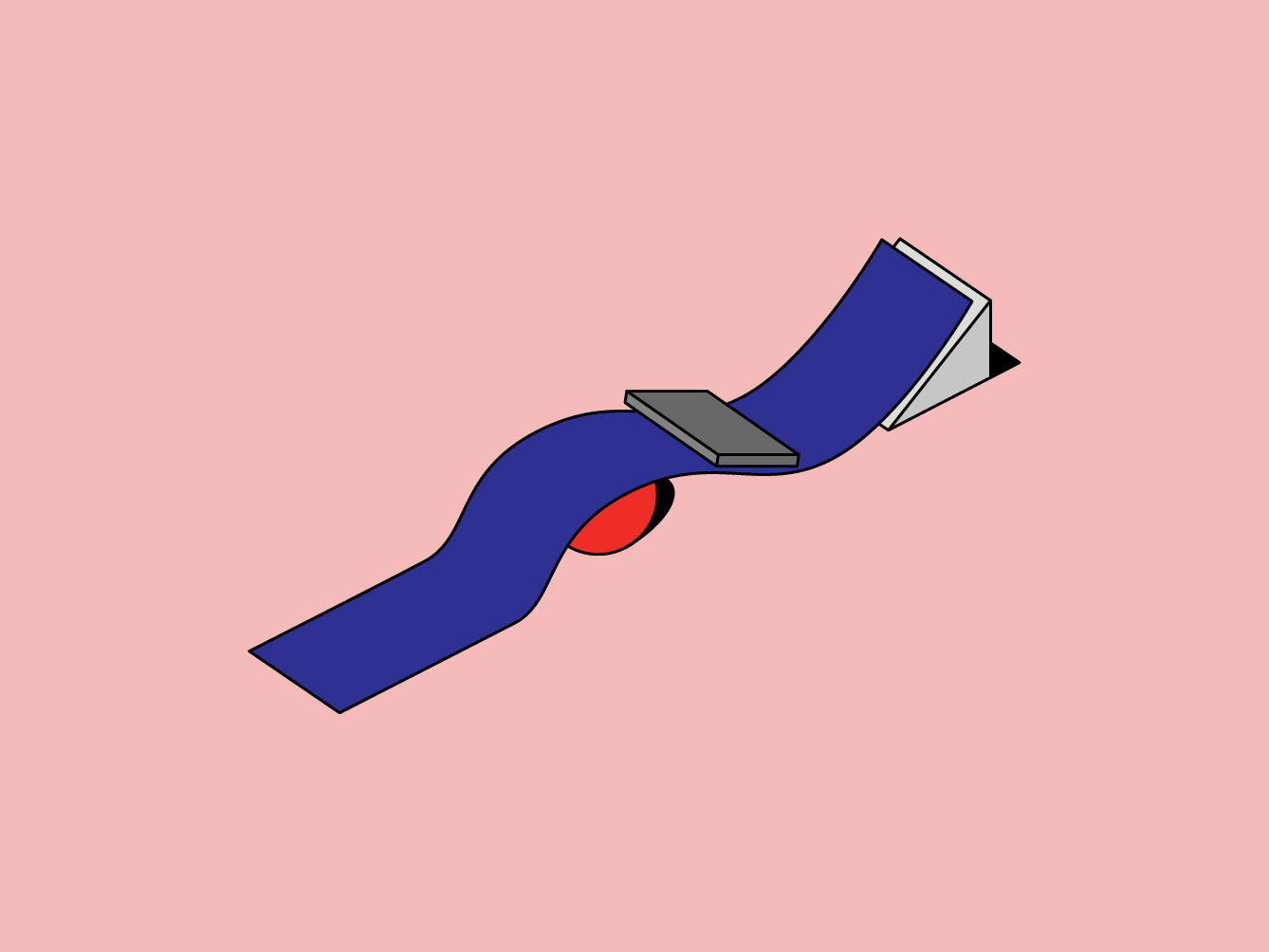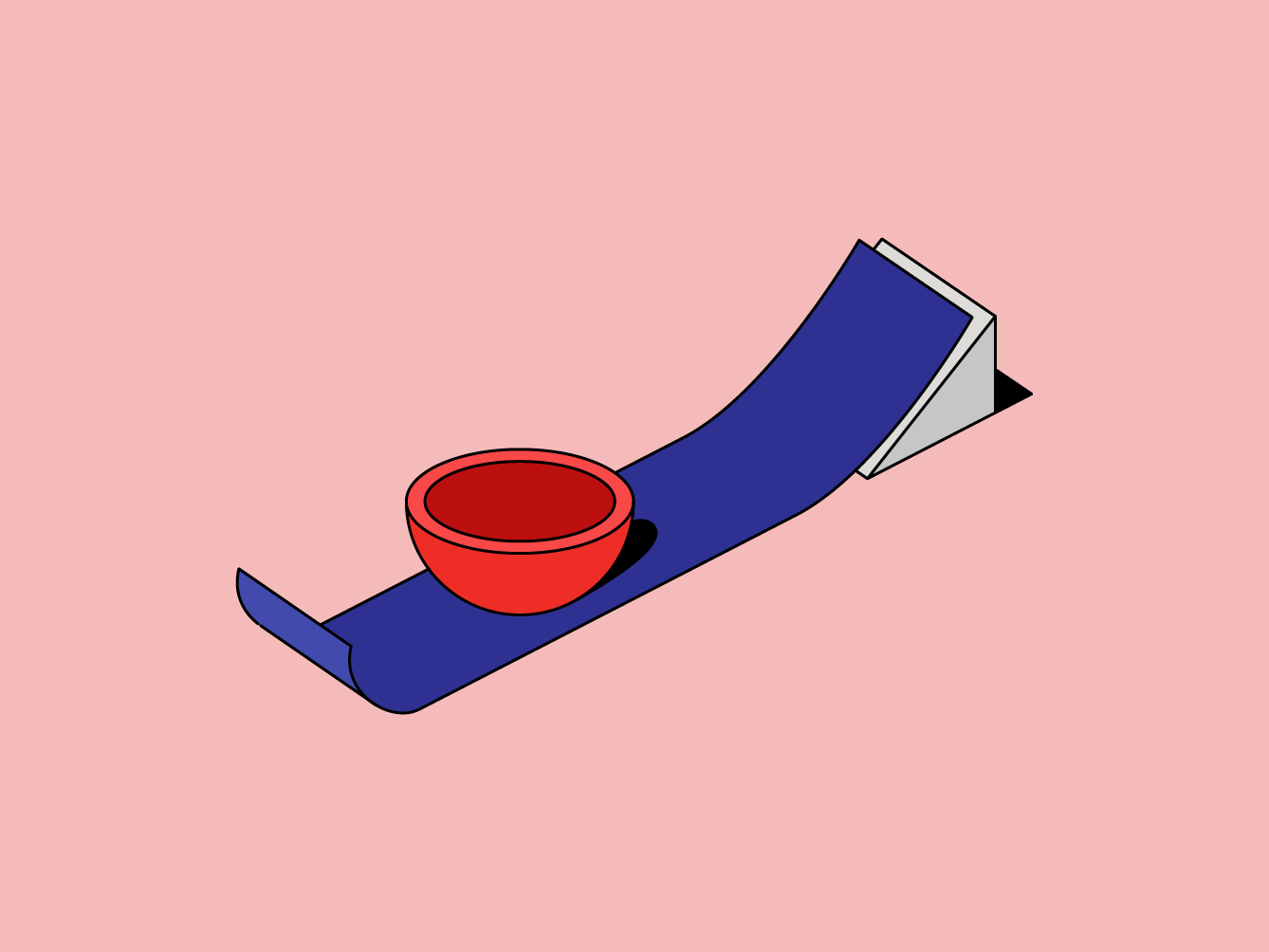How to Sleep on Your Period
- Share this article Copy to clipboard

Baby, it’s *cold* outside, so there’s no better time to stay in bed — but what if your period is making it difficult to snuggle and snooze the way you’d like?
Sleeping, especially on your period, can be tough. Don’t worry, all that extra tossing and turning is more than just in your head.
what do periods have to do with sleep, anyway?
Your menstrual cycle is full of hormonal changes that can have a wacky affect on your sleep cycle — especially during the first couple of days of your period. These hormonal changes can also cause a rise in core body temperature during your period. Why is that a problem? Well, one of the ways your body tells you that you’re feelin’ sleepy is by lowering your body temperature. If the temperature is too high (during your period), you can struggle to fall asleep.
Handy tip: A warm shower before bed and keeping your bedroom cooled to an optimum sleeping temperature of about 60-67 degrees Fahrenheit will help drop your body temperature, and ensure you feel snoozy even during your flow!
On top of this, PMS symptoms like headaches, anxiety, sore boobs, nausea, bloating, sore stomach, and menstrual cramps can make a restful eight hours feel like a far away dream.
so, what’s the best position to sleep in during your period?
If you’re going to sleep at night with achy, breaky period cramps, there could be a way to sleep that can help you. Sleeping in the fetal position takes pressure off the abdominal muscles, which can help relieve period cramps — the fetal position helps because the skeletal muscles around your abdomen relax, and less tension leads to fewer cramps and less period pain.

If you’re someone who tends to leak a lot at night, it might be because of the position you sleep. Sleeping on your stomach can squeeze your uterus in a way that causes the blood to come out more. (FYI — totally not a problem if you’re wearing Thinx!)
flow while you flow
Another super beneficial sleep AND cramp aid are some gentle, stretchy yoga poses before bed. Not only is yoga a low-impact exercise that might just help relieve menstrual cramps, but some gentle stretching and breathing is a great way to unwind and relax after a stressful day (another thing that’s probably not doing your sleeping any favors).

Child’s Pose: Stretches the lower back muscles and calms the mind (try and focus on deep breathing in this pose)
Forward fold: Get your circulation going and stretch out your lower back and hips.
Knees to chest: By relaxing the lower back and abdominal muscles, this pose also relieves tension and reduces period pain.
Savasana: Okay, so this one is the best, right? Take some time in this pose to focus on your breath, quiet the mind, and give your mind and body a little space.
reboot your routine
You’ve done your stretches, your bedroom is basically Antarctica, but you’re still spending your period stumbling around bleary-eyed, fueled entirely by coffee and office kitchen donuts. Not ideal. Though your most sleepy self is the most apparent *during* your period, it’s still important to establish good quality sleep habits throughout the month. If you aren’t sure when you are most sleepless, you might find it helpful to keep a sleep diary for a few months to check whether your period is actually affecting your quality sleep patterns.

This is one you’ve all heard before, but keep your bed for sleeping (and sex!) and limit your screen use before bed (I know, I know, but it *actually* works). I know a lot of us treat our beds like a home office, but Harvard Medical School scientists have found that specific wavelengths of light suppress sleep-inducing hormone melatonin in the brain. So keep your emailing, scrolling, and yup, even Netflix-ing to an area outside of your bed (or at least give yourself an hour or so before you sleep that’s screen free!).
What else? Well, again, it’s all the boring stuff. Regular exercise, eating healthy meals (or at least, trying your best to limit vending machine meals to one a week), and staying hydrated will all contribute to you being well-rested. TBH, you should probably be doing these things anyway. No one said #adulting was easy.

If you are still feeling tired and low-energy around your period (or just generally) and it’s affecting your daily activities, it’s definitely worth checking in with a doctor or healthcare professional you trust. There might be something else going on, and whether that's related to your physical or mental health, it's worth getting checked out!
Do you have any no-fail tips or tricks to get that REM going? Share your sleep hacks with us in the comments!
At Thinx, we strive to provide our readers with the most up-to-date, objective, and research-based information. Our content is crafted by experienced contributors who ground their work in research and data. Articles contain trusted third-party sources that are either directly linked within the text or listed at the bottom to lead readers to the original source.


